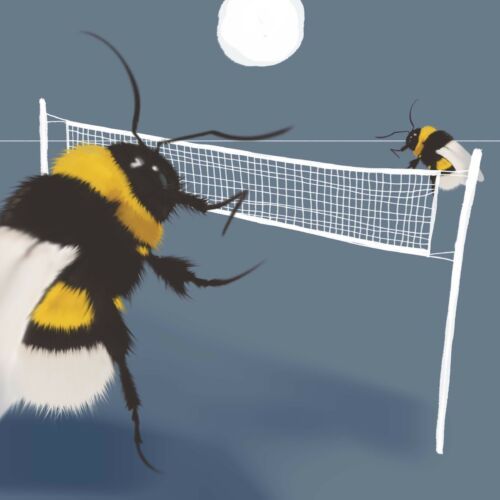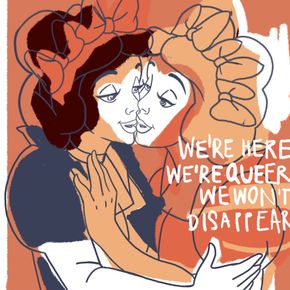Coal in South Africa and indigenous Indonesians in defence of rainforests
Residents of the South African town of Phola are protesting against the construction of a coal mine because the development will deprive them of land to graze their cattle. South Africa is divided on the issue of moving away from coal – the battle for its future is being fought in Phola and other mining towns in the Mpumalanga province, where about 80% of the country’s coal is produced. Through the raw material burned in power plants there, South Africa is one of the largest emitters of CO₂ in the world. Many people in the region depend on coal but are desperate to replace it with less harmful energy sources.
According to a report by the Rainforest Foundation UK and Earth Insight, almost 10% of the African continent is oil and gas fields, but this could rise to nearly 38% if new mining projects are permitted. 90 per cent of the tropical forests threatened by new fossil fuel developments are located in the Congo Basin. This totals 64 million hectares – an area twice the size of Germany – and includes 150 existing or planned oil and gas extraction fields.
The indigenous community of the Aru Islands in Indonesia has asked for the European Union’s support following negotiations between the EU and Jakarta over a potential free trade agreement (FTA). For decades, the Aru Islands have escaped the attention of companies cutting down Indonesia’s rainforests. Now several entities are interested in operations in the archipelago. These include the Menara Group, which wants to clear forests for a sugarcane plantation, and the Indonesian Navy, which needs land for military purposes.


























